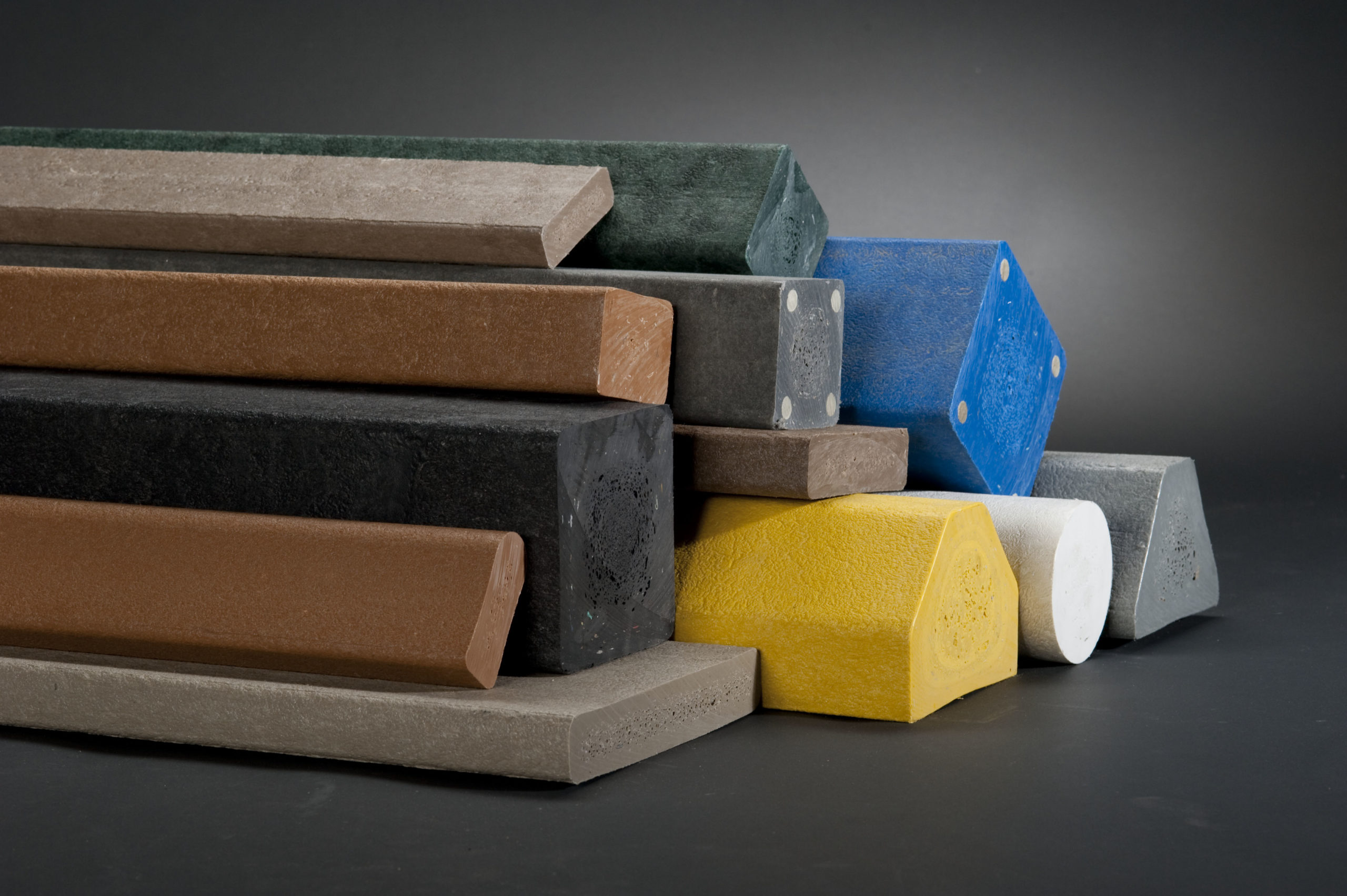Advanced Composites for Long Lasting and Lightweight Construction
Advanced Composites for Long Lasting and Lightweight Construction
Blog Article
From Waste to Wonder: Just How Recycled Composites Are Changing Numerous Applications
As sectors worldwide are significantly prioritizing sustainability and ecological obligation, the utilization of recycled composites has become a transformative remedy across different industries. From boosting the efficiency of auto elements to using sustainable alternatives in building and construction products, the applications of recycled composites are appealing and substantial. By repurposing waste materials right into cutting-edge composite structures, manufacturers are not just decreasing their environmental impact however additionally opening a realm of possibilities for producing durable, effective, and environmentally friendly items. The effects of this shift towards recycled composites are extensive, proclaiming a new age of sustainable practices and technological developments that are improving markets in unexpected ways (composites).
The Increase of Recycled Compounds
The boosting fostering of recycled compounds in different sectors mirrors an expanding acknowledgment of their economic and environmental benefits. Recycled compounds, stemmed from materials such as reclaimed carbon fiber or recycled plastics, offer a lasting choice to typical products without jeopardizing on performance. Industries varying from vehicle and building and construction to aerospace and customer items are increasingly transforming to recycled compounds to meet their manufacturing needs.
One secret motorist behind the increase of recycled compounds is the press in the direction of sustainability and eco-friendliness. Companies are under raising stress to decrease their carbon impact and minimize waste generation. Recycled composites offer a service by using products that would certainly otherwise end up in landfills, therefore advertising a round economy.
Furthermore, the financial benefits of using recycled compounds can not be neglected. These materials are frequently a lot more cost-efficient than their virgin equivalents, using firms a way to lower production costs without compromising high quality. As improvements in reusing innovations continue to improve, the adoption of recycled composites is expected to additional boost throughout varied sectors.
Benefits in Automotive Industry

Lasting Solutions in Construction
Including sustainable methods in building tasks is vital for decreasing ecological impact and promoting long-term viability in the constructed setting. With the building sector being among the largest contributors to carbon exhausts and waste generation globally, the adoption of lasting options is important in mitigating these unfavorable impacts. Recycled compounds are playing a substantial duty in changing building and construction practices by supplying a much more green choice to standard building materials.
Recycled compounds, obtained from materials such as reclaimed rubber, wood, and plastic, supply a sustainable choice for different building applications. These materials not just assist in minimizing waste but likewise supply durability, stamina, and adaptability equivalent to traditional building materials. By incorporating recycled compounds into structure styles, building and construction try this jobs can add to resource preservation and energy efficiency while maintaining high efficiency criteria.
Additionally, the usage of recycled composites in building aligns with the expanding demand for green buildings and sustainable infrastructure. As environmental policies become more stringent and the concentrate on sustainability intensifies, the building and construction industry is increasingly transforming to recycled composites as a viable solution for producing eco-conscious structures and frameworks.
Eco-Friendly Innovations in Packaging
Eco-friendly products such as mushroom packaging, seaweed-based films, and compostable plastics supply promising options to the plastic pollution crisis. These ingenious products not only decay naturally, minimizing environmental influence, yet also supply equivalent functionality and longevity to typical product packaging choices.
In addition, the integration of recycled products right into packaging manufacturing processes further improves sustainability efforts. By integrating post-consumer recycled content, firms can lower the need for virgin materials, save all-natural sources, and advertise a circular economic situation in the packaging sector.
Changing Textiles With Recycled Composites
In the realm of sustainable products, the focus now moves towards transforming fabrics with the ingenious use of recycled compounds. This advancement in fabric production is driven by the pushing requirement for more green techniques in the fashion and fabric sectors. Recycled composites provide an appealing option by integrating products like plastics, carbon fiber, and glass fiber to develop long lasting and flexible textiles.
One of the crucial advantages of making use of recycled composites in textiles is the capability to repurpose waste materials that would certainly or else end up in land fills. By incorporating recycled components into materials, manufacturers can minimize their environmental effect and add to an extra round economy - composites. Additionally, textiles made from recycled compounds usually display boosted efficiency, stamina, and toughness qualities, making them ideal for a wide variety of applications
As consumer demand for lasting products directory proceeds to climb, the fostering of recycled composites in fabrics is poised to expand considerably. This change in the direction of even more ecologically pleasant textile manufacturing not just profits the world but likewise opens up brand-new possibilities for development and imagination in the fashion and fabric markets.
Final Thought

From boosting the performance of vehicle components to offering lasting alternatives in building and construction materials, the applications of recycled compounds are huge and promising. Recycled compounds, obtained from products such as redeemed carbon fiber or recycled plastics, supply a sustainable option to standard materials without jeopardizing on efficiency. In addition, the usage of recycled compounds advertises the round economic situation by diverting waste from land fills and minimizing the demand for virgin raw materials - composites.Recycled composites, acquired from materials such as reclaimed timber, rubber, and plastic, give a sustainable choice for different construction applications.In the realm of sustainable products, the focus currently changes in the direction of changing fabrics with the ingenious use of recycled compounds
Report this page